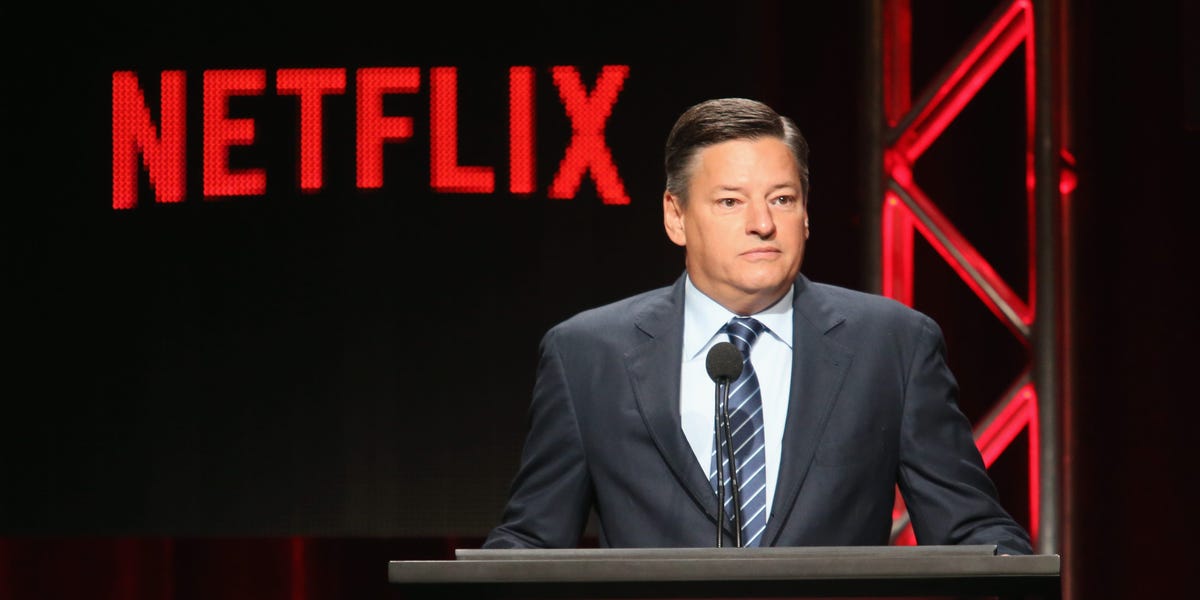Hollywood's AI Revolution: Netflix Exec Reveals Cinematic Game-Changer

In a recent discussion about the potential of artificial intelligence in filmmaking, Netflix co-CEO Ted Sarandos has echoed filmmaker James Cameron's perspective on AI's transformative role in the entertainment industry. Sarandos not only agrees that AI can help reduce movie production costs but also believes the technology offers an even more exciting prospect for creative professionals.
Building on Cameron's insights, Sarandos suggests that AI could revolutionize the filmmaking process by streamlining production expenses and opening up new creative possibilities. While cost reduction is a significant advantage, he sees an even more compelling opportunity for innovation and artistic expression through advanced AI technologies.
The Netflix executive's comments highlight the growing intersection of technology and entertainment, signaling a potential paradigm shift in how movies are conceived, produced, and brought to audiences. As AI continues to evolve, industry leaders like Sarandos and Cameron are exploring its potential to reshape the cinematic landscape.
